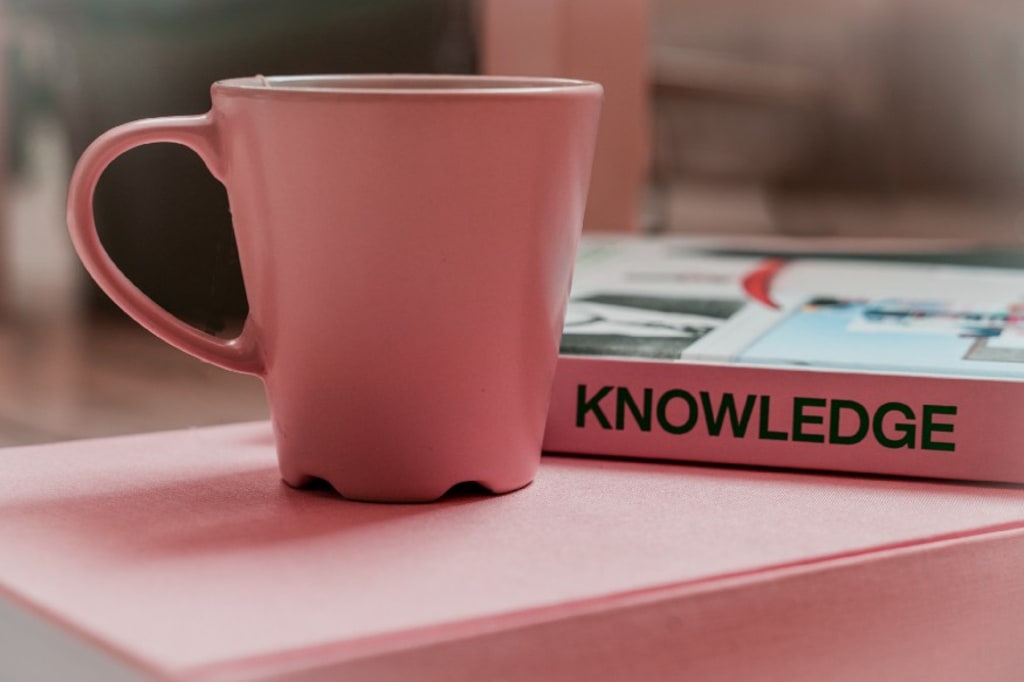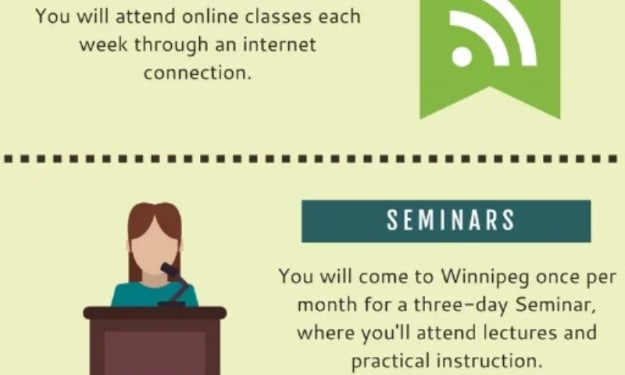Improving your life using only 7 channels of knowledge.
How do we gain Knowledge?

The People of knowledge
The most important channel of knowledge is the knowledgeable person. In traditional civilizations or you can say, in any other society or culture the channel is trusted and depended upon. Knowledge is gained by connecting with a knowledgeable person. When people are learning from each other and have a platform to share their knowledge, that builds a sense of community.
Book
The second channel of knowledge is an association with books. People received knowledge and faith through their association with the city of knowledge that was the greatest among of knowledge. Books are like the ocean of knowledge.
“The more that you read, the more things you will know. The more that you learn, the more places you’ll go.” — Dr. Seuss
“A book is a version of the world. If you do not like it, ignore it; or offer your own version in return.” — Salman Rushdie
Observation
Knowledge is also gained as a result of observations. How does a person observe? A person makes the observation when you let him do this. At an age when a child should have a hand lens or when a child should have run after the butterflies that you make him hold a pencil, the writing of which can not be seen easily because it is a lead and writes in a grey color. And he is made to write on a paper which is not pure white, rather has a shade of grey. And you make him write on it something which has no meaning. Letters have no meanings. The letter “F” has no meaning. “Cat” means something. Words have meanings. Knowledge is gained as a result of observation and observation is quite natural to a child.
Experimentation
Knowledge is gained by experimenting. and what is experimentation? It is to take up anything and then make a judgment and assumption about it and reach a conclusion. And then apply that conclusion and make an experiment to see if his conclusion was right or wrong. For example, a child looks at a table and starts thinking about whether he can climb this table or not. And then he tries and succeeds in climbing it. So at first, he made a judgment about whether he can climb or not. In fact, he will never think that he will not be able to do it because that is not the nature of a child. We in his place would have thought that but not a child. And then a motivational speaker would come and blow some divine spirit in us and then we will try to climb but a child does not need any motivational speaker. He does something which he thinks he should do. He observes that the car starts with the key and he wants to break it open and see how it works. He wants to ride the bicycle and after that, he wants to turn it upside down and see other parts. so he wants to experiment by breaking then assembling again and doing whatever he likes to do. So knowledge is gained by experimenting.
Traveling
Traveling is also a good source of knowledge. It is a tremendous educational package any journey for that matter. The only condition is that it should not be a shopping trip, should not be undertaken ideally for the love of things. Although the business trip is also educational. Every business trip is an educational journey. But if there is a journey in which the child is not provided with unnecessary luxuries. A journey in which an army of your attendants is not traveling with you. That journey is definitely educational. A journey in which you are close to nature and able to observe different aspects of nature. So, that journey is an educational one.
Pondering and Contemplating
Knowledge is gained by pondering and contemplating. Nature has provided each one of us with tools for enhancing our knowledge. Whatever data one has absorbed by taking up journeys. Now when you ponder and reflect on all data then new streams of knowledge start flowing. What you call wisdom and insight are not the results of reading a lot. It is the result of pondering and reflecting on whatever you have read. This is similar to the example of some people you must have observed that they eat a lot but it does not make them healthy. So only someone with a good digestive system will benefit from eating and become healthy. Similarly, excessive reading cannot be a basis of wisdom rather pondering is the basis for wisdom. So knowledge is gained by pondering. The more you think and reflect the more you are blessed with insight by our Gracious Lord and you attain clarity about different matters. Things start to become clearer in your imagination. So this is another channel. This is an internal mechanism that generates knowledge.
Own Self
And then the seventh channel of knowledge, and that is a person’s own self. Knowledge is internal to humans. No one is born without knowledge. With reference to knowledge, man is not devoid of it. Man is not born ignorant. if you ponder over its pattern, what a wonderful supplication it is. When something hurts a child, or if he is pricked by a pin or a needle or if he touches a hot surface then does he remove his hand from that thing himself, or do you have to tell him to remove his hand otherwise he will get hurt? He removes his hand himself because he knows. This knowledge is internal to him. He has not been created without that knowledge. and secondly, he has made curiosity a part of nature in such a way that it becomes a permanent source of gaining and nurturing, and increasing knowledge. A person who has not received any education even has a sense of right and wrong. so, To know about your own self and keep discovering yourself is also a channel of knowledge.
So, these are the seven channels of knowledge. And it results in a huge fountain of knowledge in us.
About the Creator
Enjoyed the story? Support the Creator.
Subscribe for free to receive all their stories in your feed. You could also pledge your support or give them a one-off tip, letting them know you appreciate their work.






Comments
There are no comments for this story
Be the first to respond and start the conversation.